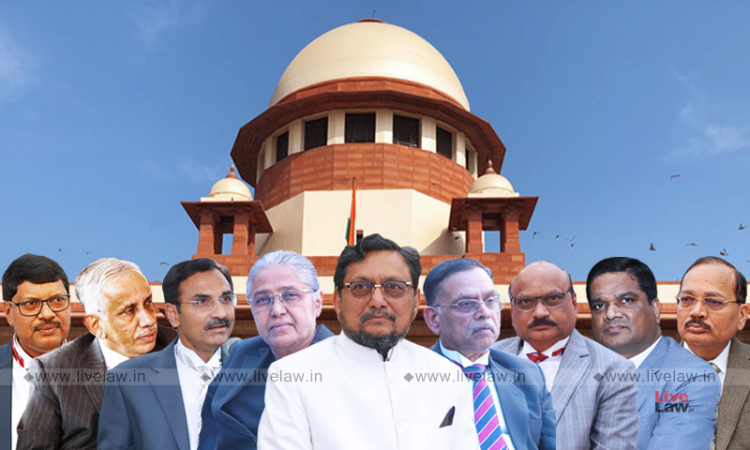After a marathon hearing session which lasted for the entire court hours on Thursday, the 9-judge bench of the Supreme Court constituted to answer the questions mentioned in the Sabarimala review reserved orders on the preliminary issue whether a reference is possible in a review petition. "Whether this Court can refer questions of law to a larger bench in a review petition?" - this was...

